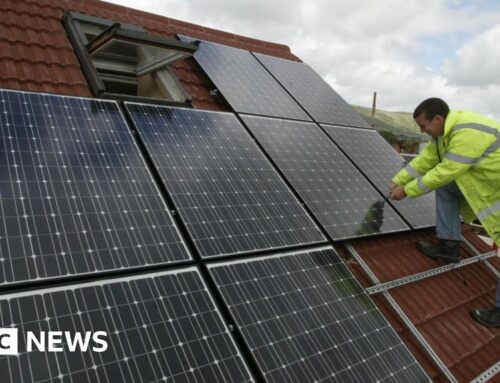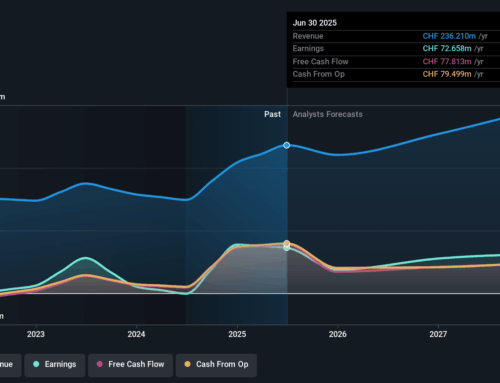Our Opinion: Pursuing a clean-energy PA remains a worthwhile goal
November 15, 2025

State Sen. Carolyn Comitta’s remarks on the Senate floor last Wednesday may speak more to the nature of compromise than they do a grave concern for the future of Pennsylvanians. Rest assured, though, that concern should be considered especially pressing.
The Democrat from Chester County cast one of the upper chamber’s 43 yes votes to pass the $50.1 billion spending plan that helped end a grueling, more-than-four-month-long impasse and threatened the financial stability of our most necessary public institutions and services. Because of votes like hers and the overwhelming passage in the state House of Representatives, public schools, social services and county governments that went without state funding since July 1 avoided any more consternation and pain than they already suffered.
There’s no question the resolution is long overdue.
There’s also no doubt that the biggest concession Democrats like Comitta made to get that deal done — essentially agreeing to pull the state away from a years-long commitment to join the Regional Greenhouse Gas Initiative — opens up questions about the state’s environmental future that are important for anyone in the commonwealth. Especially the ones who call Northeast Pennsylvania home.
“I fought for RGGI for years. I support RGGI. I still think RGGI would be a good idea for Pennsylvania,” Comitta, the minority chairperson on the Senate’s Environmental Resources & Energy committee reminded her fellow legislators. “But I’m also realistic, and I’m willing to vote ‘yes’ to end this impasse.”
In other words, the commonwealth now has a budget, which is vital. But it now has no significant climate policy, which is also pretty important to have.
Then-Gov. Tom Wolf put Pennsylvania on course to join RGGI in 2019 as a feature of his long-term environmental policy to counter climate change’s effects. In it, Pennsylvania would have joined what is now a consortium of 10 other states in the Northeast, from Maine through Maryland, in an effort to make it the nation’s lone major fossil-fuel producing state to put a cap on the amount of carbon dioxide its energy producers could emit.
It is a cap-and-invest program proponents insist is both healthy for the environment and financially lucrative. States participating in the initiative can set a cap on CO2 emissions from power plants, which must purchase credits for every ton of CO2 they emit through quarterly auctions. States then invest the money made from these auctions in programs that promote clean energy innovation and efficiency, job creation and, conceivably, even lower rates for energy consumers in the state.
Perhaps just as important, the impetus for the power plants to become more energy efficient and reduce CO2 emissions rises as available credits decline.
On paper, as Comitta said, RGGI was a good idea for Pennsylvania. It was also an idea top state Republicans opposed practically since Wolf introduced it. They saw it as overly restrictive for the state’s energy industry, potentially a cost burden on families that use fossil fuel-generated energy in their homes, and considered the credits an “electricity tax” on energy producers.
Conservation Voters of Pennsylvania, a group that advocates for environmental issues in Harrisburg, countered in a statement that leaving RGGI takes away what it estimates to be “$1 billion annually to lower electricity prices through investments in clean energy.”
Gov. Josh Shapiro introduced a plan to the General Assembly that promises to create a state-run cap-and-trade program and require producers to invest in renewable energy, but it has plenty of detractors, especially among Republicans.
Given that Pennsylvania ranks behind only Texas among the nation’s top natural gas producers and is still in the top three when it comes to coal production — not to mention the potential boon it could see for nuclear energy producers that have no carbon emissions — it remains critical for lawmakers on both sides come to a common-sense solution that protects the environment, grants industry the opportunity to prove it can operate within parameters that lead to cleaner air, punish businesses that don’t hit standards and reward ones that do.
Leaving RGGI feels like starting over. But making its principles work for all sides remains critical to the economic future of the state and the health of its residents. A clean-energy infrastructure should remain a worthwhile goal in Pennsylvania.
RevContent Feed
Search
RECENT PRESS RELEASES
Related Post







